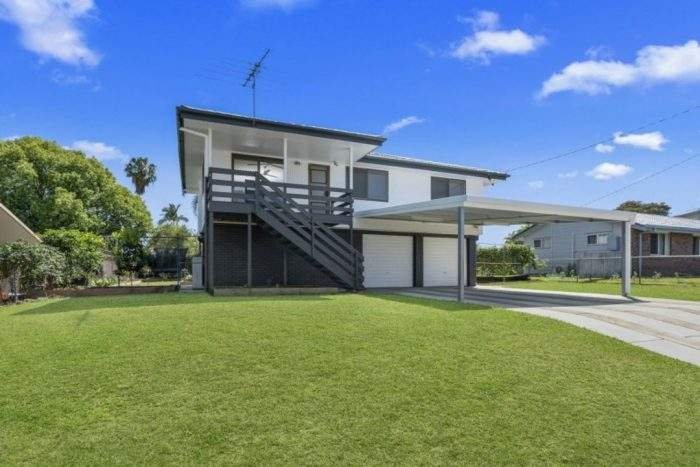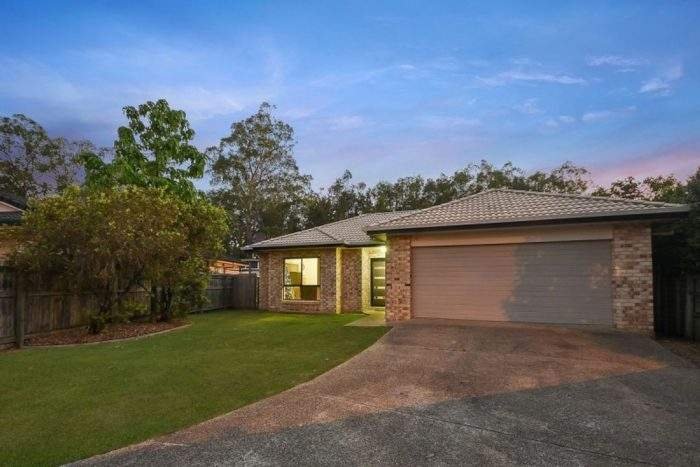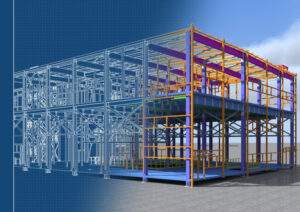Find Top 10 Advantages of Renting a House

People have a goal or dream of owning a house, but they are also aware that it is not easy to do so. Most of them are staying in rented apartments. Well, renting has its perks. You can obtain several benefits by staying in a rented apartment.
Everyone cannot afford home ownership, but they can enjoy the same amenities by staying in a rented apartment. You will get numerous options of houses for rent. The prices of owning a home are very high. Hence, keeping the financial circumstances in mind, renting is a sensible option.
Below mentioned are a few benefits of why renting is better than buying and which option you should choose.
Advantages of Renting A House:
1. No Repair Bills or Maintenance Costs
A significant benefit of renting a home is that there are no worries about repair bills and maintenance costs. When you rent a property, the landlord is responsible for all kinds of repairs and improvements.
Repair bills are all paid by the landlord themselves. For instance, if an appliance suddenly stops working or the roof of your house starts leaking, you can call the landlord. They will have to either fix it or get it replaced. On the contrary, when you own a home, you are responsible for all kinds of renovation, maintenance and repair.

2. No payment of Real Estate Taxes
There are many houses for sale are available, but they have real estate taxes associated with them. Renting has this significant advantage that renters will not have to pay real estate taxes. Property taxes are sometimes substantial and they vary based on the norms of different countries. In some places, the average costs are a few thousand dollars annually.
Taxes are also calculated based on the estimated value of the house and the proportion of land. Newly built homes are much larger and therefore such taxes may result in being a financial burden.
3. Access to all Amenities
Renters enjoy the benefit of using all amenities that would rather have huge expenses associated with them. Several middle-scale and upscale apartments have several luxurious facilities such as a gym or an in-ground pool that doesn’t encompass any additional charges for the tenants.
Owning a home would have huge costs associated with the installation and maintenance of such facilities. On the contrary, condo owners have to pay a monthly fee to access such amenities.
4. Flexibility in choosing the place to live
Practically, renters can choose the area they want to live, while homeowners will have restrictions on areas where they can afford to live. Living in some expensive cities may not be possible for several homeowners, but renters can easily choose to live there by renting an apartment.
Although rental rates are high in costly areas, renters will find monthly payments affordable as compared to the expenses of owning a home. You can easily find a house for rent even in the best cities.
5. No Down Payment
Up-front cost is another aspect where renters enjoy better financial deals. Renters are only required to pay a security deposit initially, which is equal to the rent of one month. In contrast, homeowners have to make a down payment, which is around 20% of the property value.
Renters will get their security deposit back when they move out of the property because they have not damaged the property. The amount paid as a down payment is way more than the security deposit of the rental property.
6. Flexibility to Downsize
Renters have an option to downsize to an affordable living once their lease is over. This flexibility is beneficial for retirees looking for a less costly living space that they can afford after retirement. They have an option to find a smaller alternative that matches their budget.
As far as own homes are concerned, it is very tough to break free of a high-priced house because of the high-costs’ involvement in buying and selling a home. Also, when a homeowner incurs costs of renovation, these costs may not get covered in selling costs.
7. Few concerns about decreasing value
Property values keep fluctuating and this considerably affects homeowners. This fluctuation affects renters substantially less. Your home’s value can also affect the amount of property taxes that you may have to pay every year.
It affects the amount of mortgage as well. Renters stay away from such worries as they have nothing to do with mortgage and property taxes. The housing market is highly volatile, but renters are not adversely affected by the changes.
8. Fixed Rents
Rent amounts are fixed for the span a rent agreement is valid. However, landlords can raise rents with notice, but you can budget your expenses efficiently since you are aware of the amount you will have to pay. Adjustable-rate mortgages fluctuate, which results in rising payment of mortgages because of high charges of interests. Property taxes affect homeowners, but renters stay away from such changes.
9. Lower Utility Costs
Homes vary in size and they are typically more extensive than the rental apartments. As a result, they have larger electricity bills associated. Rented properties, on the contrary, have efficient floor plans and are compact. This makes them affordable to heat and less power is required as compared to the other home options.
10. Low Cost of Insurance
Homeowners have to maintain a homeowner’s insurance policy, whereas renters maintain a renter’s insurance policy, which is much cheaper. It covers all the stuff owned, including computers, furniture, valuables, etc.
Final Thoughts
Owning a house will prove beneficial for the homeowners in the long-run because of the amount of equity. But, if you want to the benefits mentioned above, many apartments for rent are available.
There are many reputed companies around that are constructing houses which are perfect for rent. Renting is the right choice for those looking forward to avoiding the hassle of ownership and high costs. Moreover, the choice depends on each person’s financial situation, lifestyle and whether they are retired or not.






